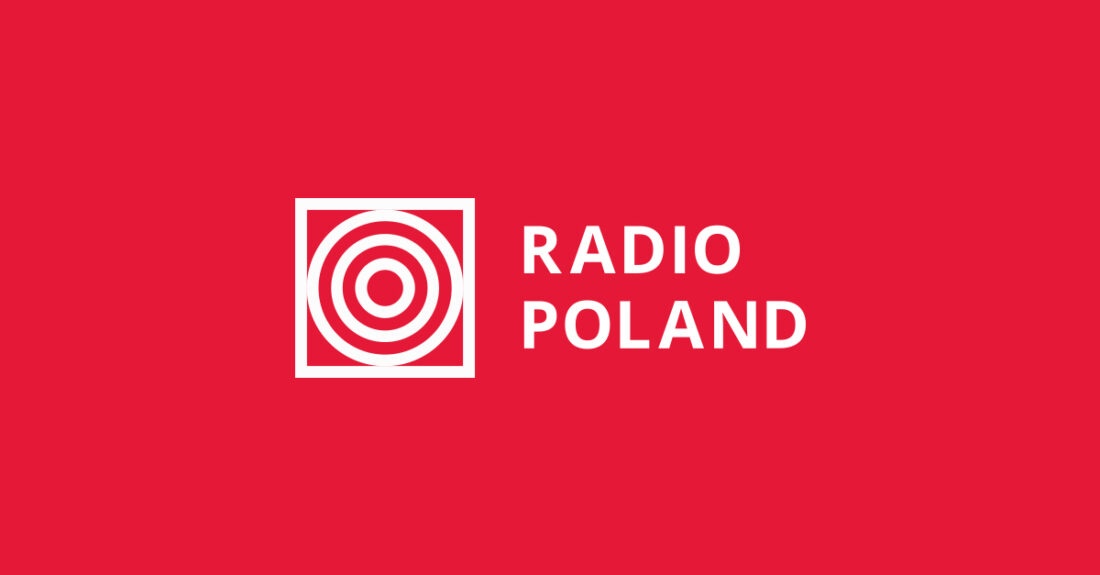Poland empowers domestic security agency to identify suspicious online content

In a significant shift from judicial oversight to executive authority, Polish Prime Minister Donald Tusk has announced that the head of the Internal Security Agency (ABW) will now determine which online content is considered terrorist in nature, allowing for its immediate removal.

Pixabay LicenseImage by Gerd Altmann from Pixabay
This move is part of a legislative proposal adopted by the government on Tuesday in an effort to align Polish law with European Union directives aimed at combating the spread of terrorist content on the internet, according to officials.
Previously, content deemed to pose a terrorist threat could only be removed following a court ruling.
Under the new legislation, the ABW chief’s decisions to remove such content will not require judicial approval, although content providers can still challenge these decisions in court if they believe them to be unjustified.
The proposed changes are detailed in a bill drafted by the Ministry of Internal Affairs and Administration, which also revises the functions of the ABW and the Military Counterintelligence Service.
The legislation establishes the ABW chief as the authority responsible for issuing and verifying removal orders, applicable across all EU member states, and introduces mechanisms for imposing administrative penalties for non-compliance.
The Internal Security Agency is required to establish a 24-hour contact point to handle both inquiries and feedback regarding orders.
The bill also seeks to regulate the imposition of financial penalties by the ABW for violations specified in the regulations.
While the new policy enables quicker action against terrorist content, it includes safeguards to protect materials shared for educational, journalistic, artistic or research purposes, or those aimed at raising awareness about counterterrorism efforts.
The announcement stated that similar regulations have already been implemented in all European countries except Portugal and Slovenia.
The new rules will apply to various digital service providers, including social media platforms and cloud services, and are set to take effect 14 days after their publication in the legislation gazette.
(rt/gs)
Source: PAP




